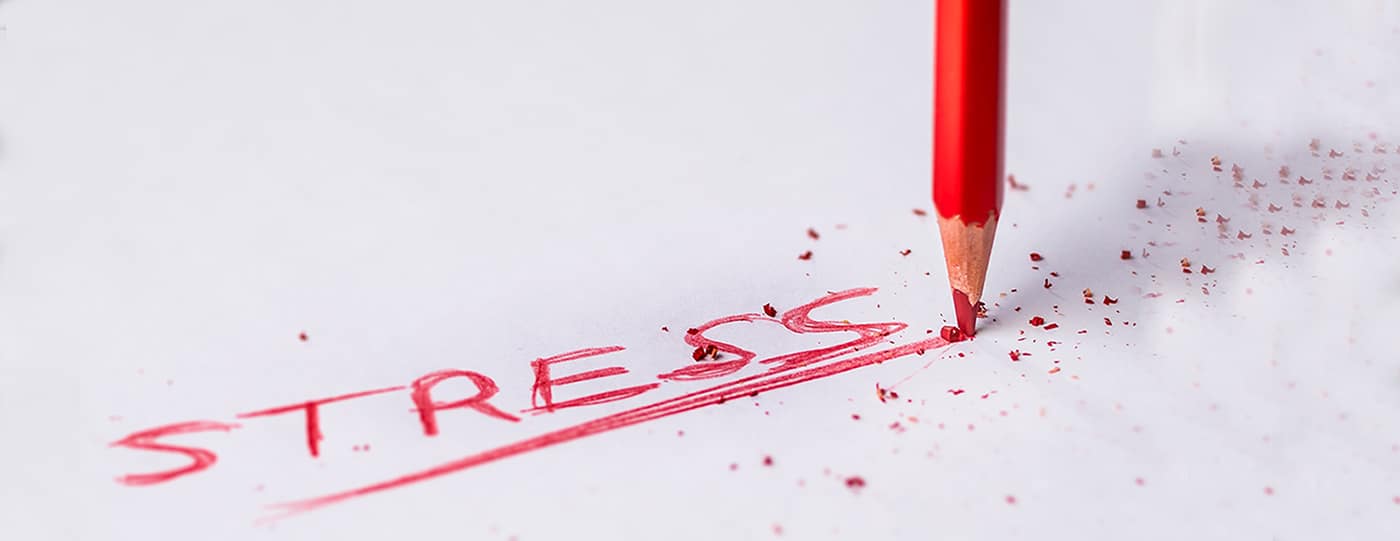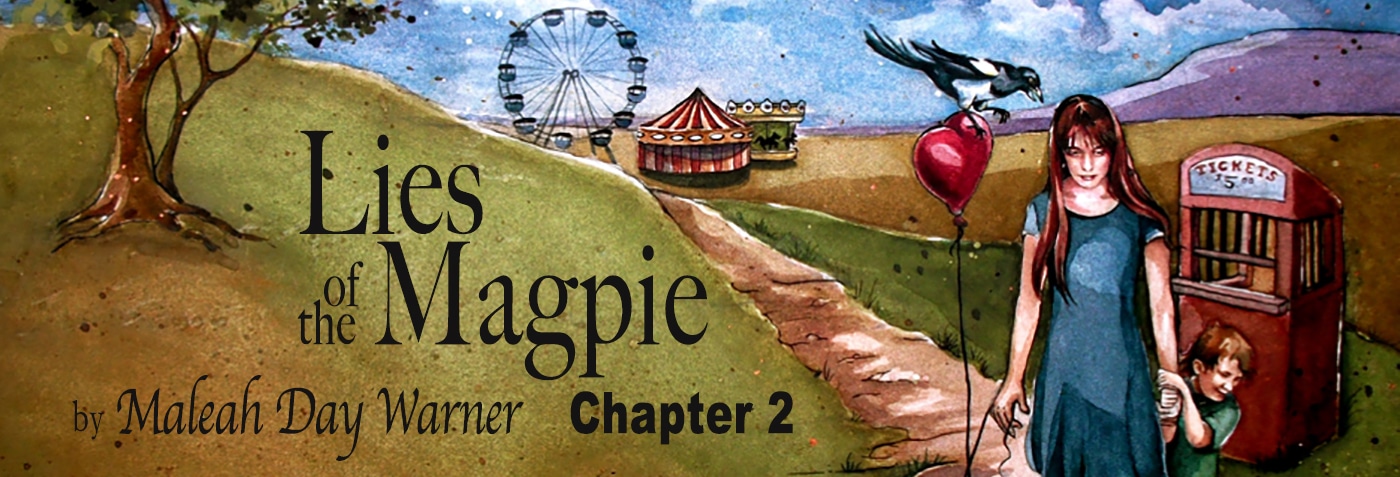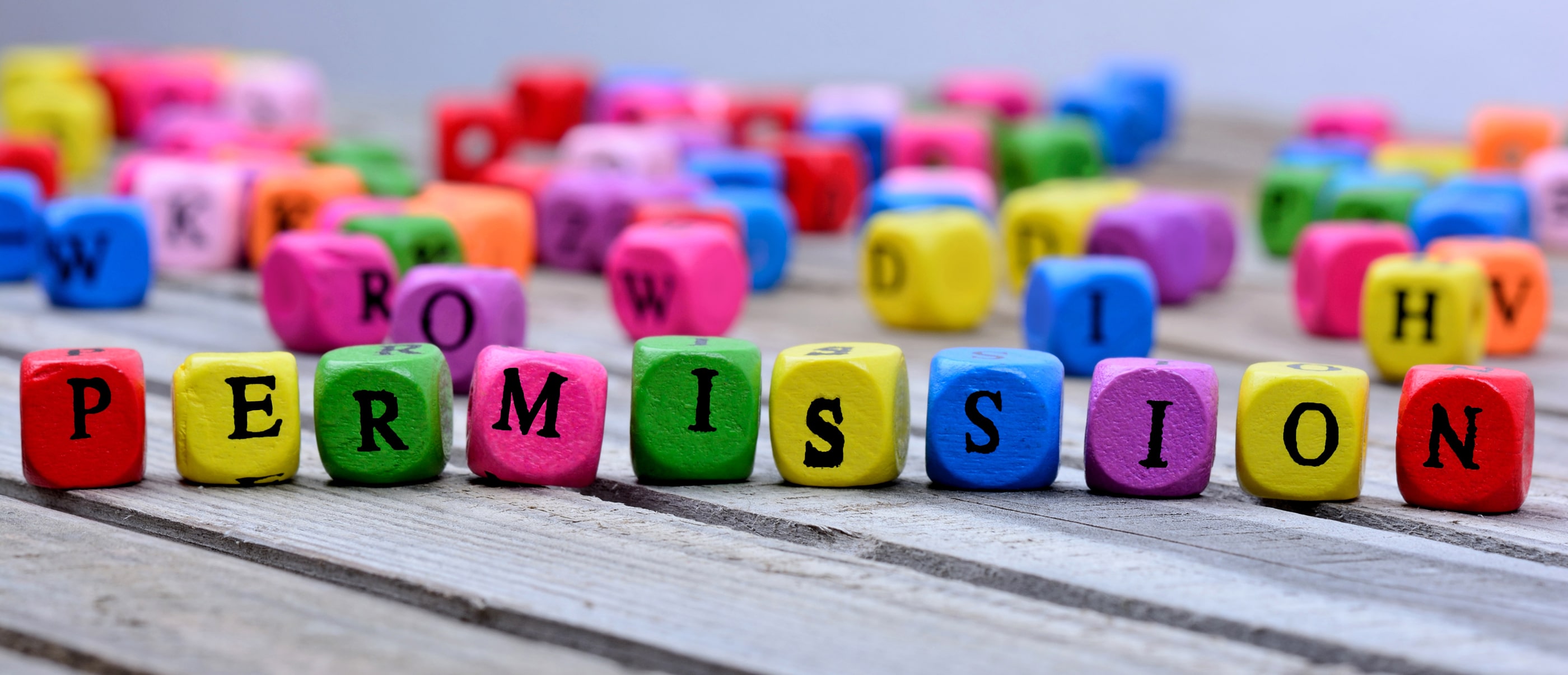Podcast: Play in new window | Download
Subscribe: Apple Podcasts | Google Podcasts | Spotify | Email | RSS | More
Ep. 38 This episode is all about STRESS and how to NOT feel stressed. The goal is to understand that it IS possible to have a lot on your plate and to NOT feel STRESSED about it. Listen to learn POWERFUL thoughts to help you to NOT feel STRESSED.
THE PROBLEM
So often we believe that we have so much to do and not enough time to do it all. We believe ALL the things are so important and we worry that our effort won’t be good enough. Therefore, we end up panicked and stressed, which actually freezes us and limits our ability to finish ALL the things. We end up working frenetically, staying up late, getting sick, but not finishing the tasks.
THE SOLUTION
I promise that life does NOT have to feel STRESSFUL. It is entirely possible to have a lot on your plate and to NOT feel STRESSED about it. You can have an amazing life and be engaged in purposeful work and move forward through accomplishments and success steps and never feel stressed.
If you think this can’t possibly be true, that I’m exaggerating, then this is going to be an excellent episode for you. I’m glad you’re here.
WHY WE FEEL STRESS
Let’s talk about Why We Feel Stress:
Every emotion comes from thoughts. Every. Single. One. It’s not possible to have an emotion that wasn’t triggered, that wasn’t created by a thought in your head.
Now, that thought in your head doesn’t necessarily have to be your own thought. Other people can put thoughts in your head, dark spirits can put thoughts in your head, TV/media/billboards can put thoughts in your head. Sometimes this can be frustrating because we can’t always control what thoughts pop up in our minds, but can control how we think about, how we react to those thoughts. In any case, the emotions we feel always derive from a thought.
I’m not saying this to chastise or belittle anyone for experiencing stress. I feel stress at times, not too often these days, but I used to live in a chronic state of stress. And it’s not fun. Stress is a real kill-joy, it sucks the bliss out of life and makes you not a very pleasurable person to be around. Not to mention that it can make you really sick.
STRESS-INDUCING THOUGHTS
Let’s look at some of the thoughts that lead to us feeling stressed.
“I don’t have enough time.”
You feel the crunch of the deadline. The calendar days are turning, the clock is ticking, and you are running out of time. This is a common thought. I think we’ve all been here, probably several times already today.
“Not good enough.”
This is the thought of either “I’m not good enough” or “What I’m doing isn’t good enough.” This is where perfectionism comes to roost. This thought is a relative of the thought of not having enough time, because usually we are afraid that we don’t have enough time to make our work be good enough. We fear our imperfections and weaknesses and so often we allow our subconscious to make it be about time, when in truth, it’s about fear of not being good enough.
“I should do more”
CHALLENGE THESE THOUGHTS
I’ve practiced noticing when I’m feeling stressed and following that feeling, like a detective hunting for clues, back until I discover the thought triggering the stress. Then, I’ve found it helpful to ask questions: Is this thought true? Or, is this a useful thought?
I discovered this tool of discovering and questioning thought when I was searching for healing from postpartum depression and autoimmune disease. This is when I realized that my thoughts were the roots of so many of my so-called problems and stress and that my sickness stemmed from my toxic thoughts. Most everything that I talk about on this podcast comes down to what’s going on in our heads. If there’s one thing you get out of this podcast, or any of these podcasts, if you learn to question your thoughts, that skill alone will launch your life in powerful ways.
Let’s do it. Let’s question these thoughts.
Thought: “I don’t have enough time.”
There are so many ways your brain can verbalize this. I’m so busy. I can’t do it all. I have too much to do, thus I don’t have enough time.
Challenge: Is it TRUE that I don’t have enough time?
Instead of going into a huge existential discussion about what is TRUTH, let’s skip to the understanding that when it comes to your life, you get to create your truth. It’s a gift called Free Agency. So I would ask, Do I want this to be true for me that I don’t have enough time?
I can choose to believe that it’s true and my brain will be extremely skilled at finding evidence to support why I don’t have enough time. Or, I can choose to say it’s not true. I can choose to think that I have plenty of time. I have SO much time. Time is an unlimited commodity. I can use time today and I will have more tomorrow. I can use tomorrow’s time and I will have more time the next day. It’s amazing!
For so long, self help people have pushed this idea, this “thought” that time is a precious, and limited commodity. Get it done today because there are no guarantees for tomorrow! And it’s true you could die at any moment. But still, I believe that death is not the end of me, that I will go on living and have, get this, even MORE time! More time to learn, progress, experience, etc. When my brain throws up that idea that I don’t have enough time, I challenge it and I argue for all the reason why I have an abundance of time.
I’ve never found a scenario where the thought “I don’t have enough time” is a useful thought. It doesn’t serve me well. The panic of running out of time makes my insides contract, it freezes me up, and it drains my power to take action. Ironically this thought of not having enough time actually leads to procrastination rather than prevents procrastination.
Replace: What to Think Instead
I have plenty of time.
I have exactly enough time.
I have an abundance of time.
I have exactly enough time to accomplish all the things that are important to me
For Full Text Listen to the Podcast




